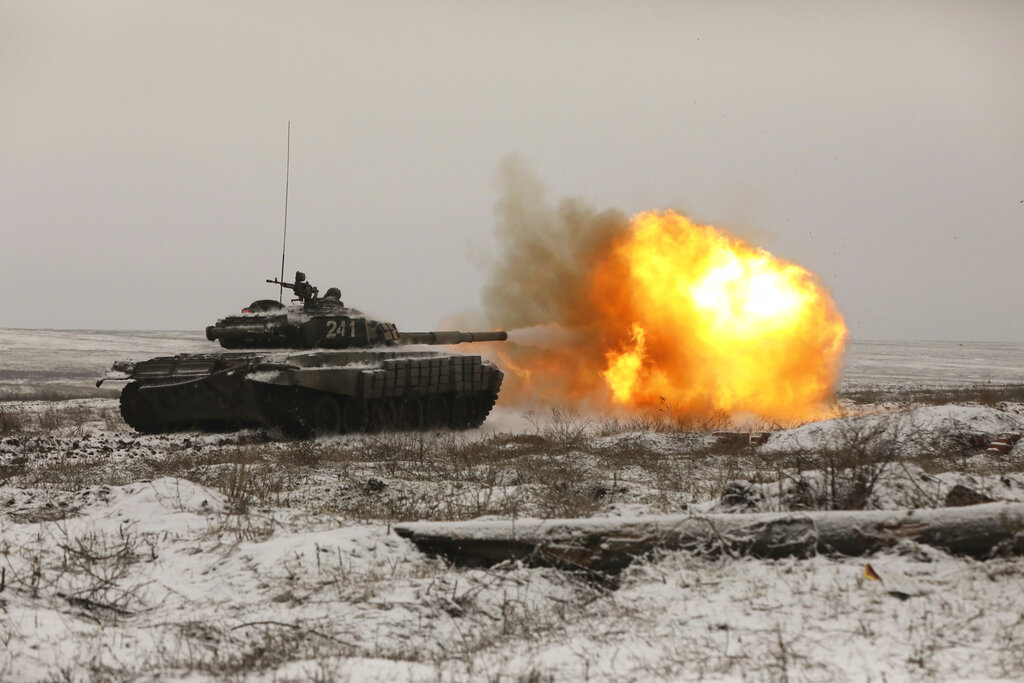Russian President Vladimir Putin has launched a full-scale, wide-ranging invasion of Ukraine with the apparent goal of subduing the country's military and installing a puppet government loyal to Moscow.

The attack has drawn condemnation from around the world. During a speech Thursday, President Joe Biden warned of economic pain for Russia and announced additional sanctions against the Kremlin.
"I've listened to the NATO (North Atlantic Treaty Organization) general secretary; he believes that Putin is unlikely to slow or stop," comments Bob Maginnis, senior fellow for national security at the Family Research Council (FRC). "He believes that probably cyberattacks will target the West. Clearly, diplomacy has failed. I believe this was planned a long time ago."
And Maginnis remains concerned that Putin will become more emboldened to physically invade the Baltic states of Lithuania, Estonia, and Latvia, which are bonafied NATO allies.
"NATO would have to respond under Article 5," the defense analyst notes. "A large part of their population in the Baltic three countries are ethnic Russian, so this would be not that dissimilar to what happened a few days ago in Luhansk and Donetsk."
Maginnis does not see the totalitarian separatist-like thinking in the three Baltic countries.
"I think it's quite the contrary," he says. "They want to be part of the West. They don't want to be part of the East any longer."







